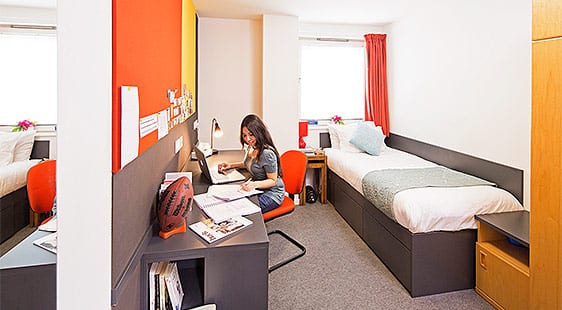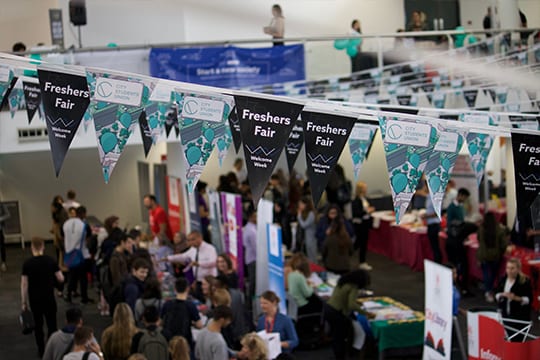As an international student going to first year, you are guaranteed accommodation and this process is quite easy. City, University of London normally pays a fraction of the rent of some student accommodation options so it tends to be affordable, for London’s standards anyway.
The issue begins once you have to move out of the place you’ve learned to call home because it’s only for first-year students and to do this quickly before you run out of accommodation options. There are many factors to consider and I want to explore some of them.
#1 Cost
The nearer your student accommodation is to the school, the more expensive it will be. This is especially because it is located in Zone 1, which is quite central and pretty much the most expensive zone. The difference is quite significant because I remember when looking through two of my most viable accommodation options, the difference between a place in Zone 1 and Zone 3 was literally £100 per week!
#2 Proximity to university
Living next to school is a big win. You get to save on transport costs, you can make it to your 9 am class even if you have overslept, you can go back home for lunch, when your classes end late you’re not caught up in London’s rush hour, it’s just all very convenient. However as aforementioned, you pay for this convenience.
#3 Living among people
An en-suite, shared bathroom, shared room or studio?
As much as selecting a shared place will be cheaper, you might not be as tolerant of other people’s behaviours and hygiene levels. A studio will give you your own space and the comfort of doing things your way, but it might be lonely as your interaction with people is limited.
An en-suite – with a communal kitchen – is cheaper than a studio to an extent, but would be more expensive than a shared room/bathroom. These are the factors you need to consider and ultimately it comes down to your personality and what you’re used to.
#4 Private student accommodation vs public-sector housing
With private accommodation, utilities and other extras tend to be included in the rent and therefore you won’t have to worry about no electricity or dealing with a landlord, like you would for the public-sector housing.
If you have friends who share a mutual understanding with you, it might be better to get a flat together, share the rent and get a better deal than you would with private halls for instance. It would be more enjoyable and you’d benefit from a bit more freedom too. With public-sector housing, there is private accommodation and thus you would benefit from more time to choose a place.
I picked these as the most important factors and that should be considered early enough so that you can start evaluating your options holistically, under no pressure, and so after your first year you end up at a place that you’re happy with.






